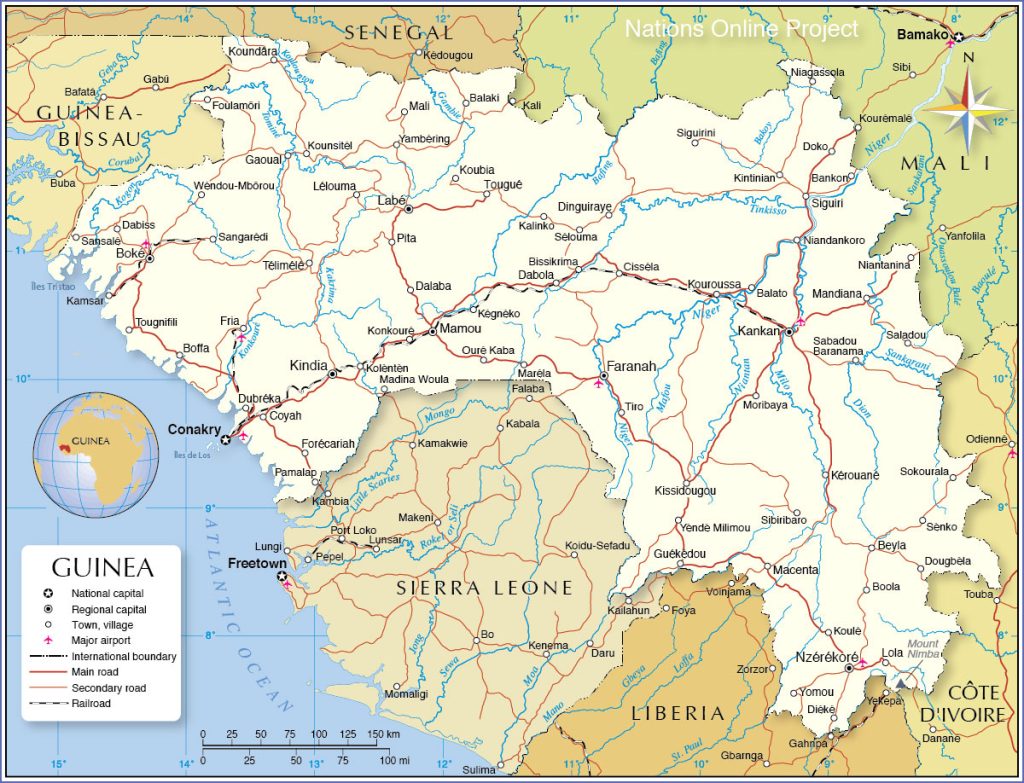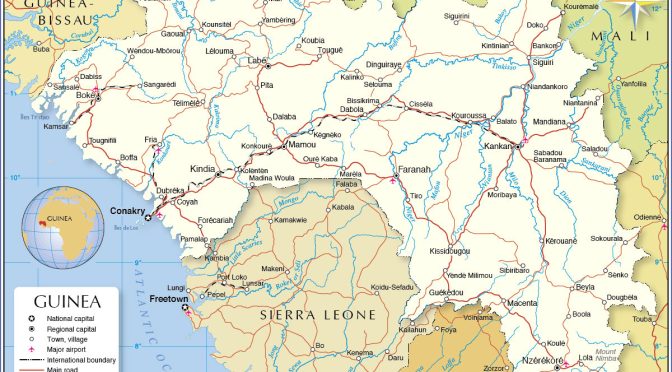Guinea, a West African country with a population of approximately 12 million people, is endowed with abundant natural resources, including minerals, fertile agricultural land, and water resources. Despite this wealth, the country faces significant challenges in meeting its energy needs. With only about 30% of the population having access to electricity, there is a growing demand for clean energy solutions to address the country’s energy deficit and support its socio-economic development.
One of the main drivers of Guinea’s growing demand for clean energy is the need to reduce its dependence on fossil fuels. Currently, the country relies heavily on imported petroleum products to meet its energy needs, which puts a strain on its foreign exchange reserves and exposes it to the volatility of global oil prices. By diversifying its energy mix and tapping into its renewable energy potential, Guinea can not only enhance its energy security but also contribute to global efforts to combat climate change.
Among the various renewable energy sources available, solar, wind, and hydro power hold the most promise for Guinea. The country enjoys a tropical climate with abundant sunshine, making it well-suited for solar energy generation. According to the International Renewable Energy Agency (IRENA), Guinea has a solar power potential of up to 7.5 gigawatts (GW), which could significantly contribute to the country’s energy mix. In recent years, there have been several initiatives to promote solar energy in Guinea, including the installation of solar streetlights in the capital city of Conakry and the provision of solar-powered water pumps for rural communities.
Wind energy is another promising renewable energy source for Guinea. Although the country’s wind power potential is not as high as its solar potential, it still offers a viable option for clean energy generation. IRENA estimates that Guinea has a wind power potential of up to 1.5 GW, which could be harnessed through the installation of wind turbines in suitable locations. Some studies have identified the coastal regions of Guinea as having the most favorable wind conditions for power generation, which could be further explored through detailed wind resource assessments and feasibility studies.
Hydro power is perhaps the most well-known renewable energy source in Guinea, given the country’s vast water resources. The country is home to several major rivers, including the Niger, Senegal, and Gambia, which offer significant hydro power potential. According to IRENA, Guinea has a hydro power potential of up to 6 GW, which could be exploited through the construction of large-scale hydroelectric dams and small-scale run-of-river projects. The country has already made some progress in this regard, with the ongoing construction of the 450 MW Souapiti hydroelectric dam, which is expected to significantly increase Guinea’s electricity generation capacity upon completion.

While the prospects for renewable energy development in Guinea are promising, there are several challenges that need to be addressed to fully tap into the country’s clean energy potential. These include the lack of adequate financing for renewable energy projects, limited technical expertise, and the need for a supportive policy and regulatory framework. To overcome these challenges, the government of Guinea has been working with international partners, such as the World Bank and the African Development Bank, to mobilize resources and build capacity in the renewable energy sector.
In conclusion, Guinea’s energy market presents a growing demand for clean energy solutions, driven by the need to enhance energy security, support socio-economic development, and combat climate change. By tapping into its solar, wind, and hydro power potential, the country can make significant strides towards a more sustainable and resilient energy future. However, this will require concerted efforts from the government, private sector, and international partners to address the various challenges and unlock the full potential of Guinea’s renewable energy resources.


